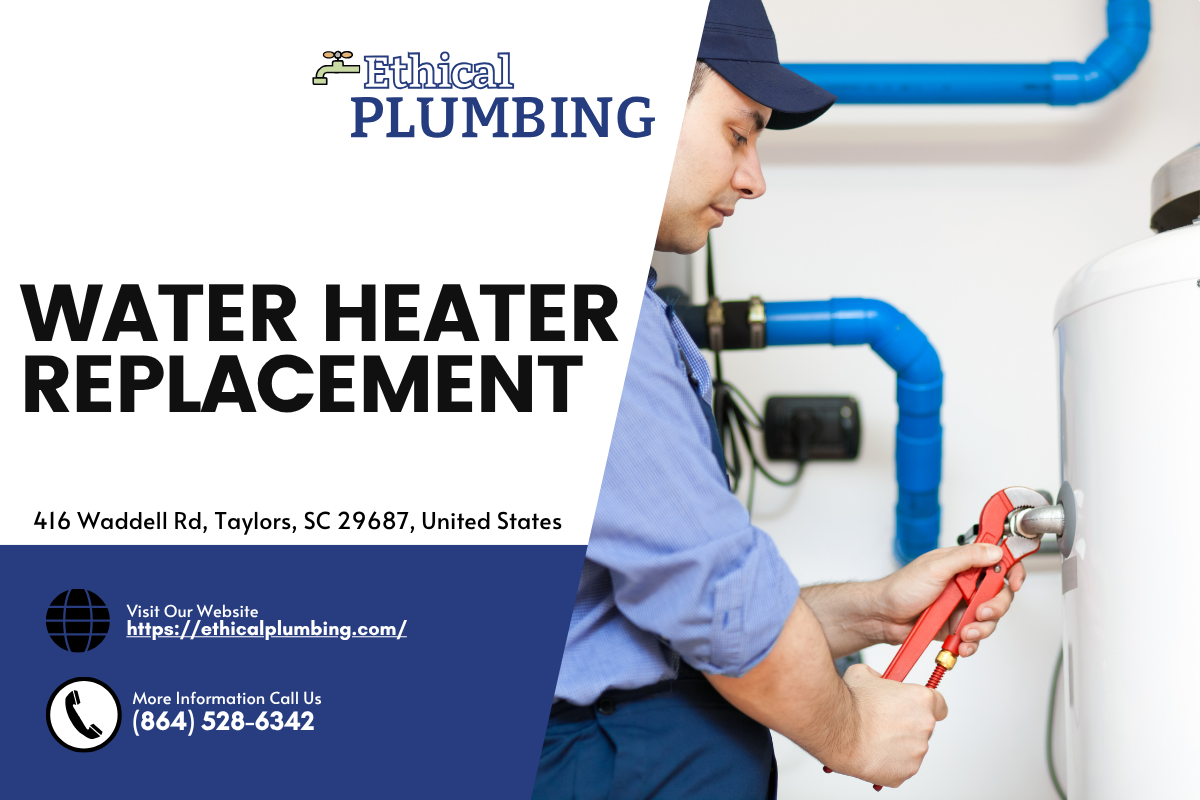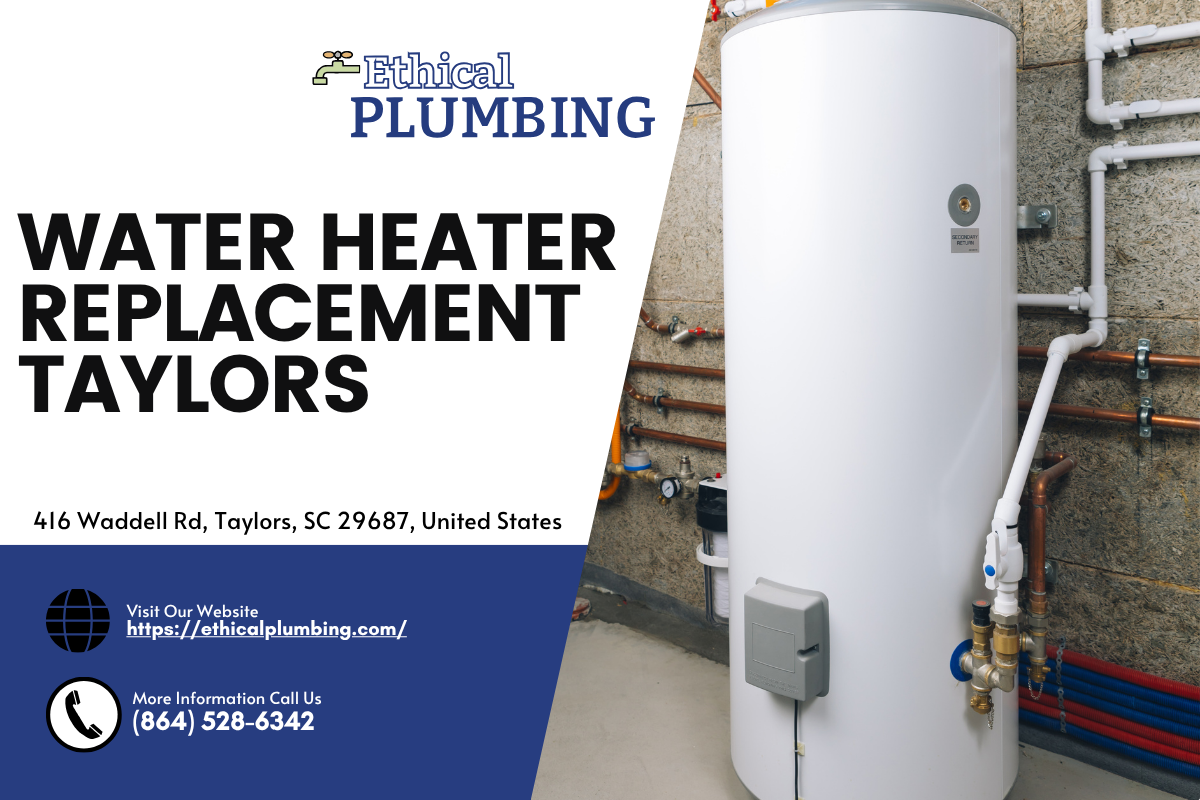


Introduction
When it comes to hot water heaters, the decision between a DIY installation and hiring a professional can be daunting. It's not just about saving a few bucks; it's about safety, efficiency, and peace of mind. In this article, we will delve deep into the pros and cons of DIY versus professional installation of hot water heaters. We'll cover everything from water heater repair to maintenance tips, providing you with comprehensive insights that empower you to make an informed choice.
The Pros and Cons of DIY vs Professional Installation of Hot Water Heaters
What is DIY Installation?
DIY installation refers to the practice of individuals attempting to install their hot water heaters without professional help. While this approach can save money, it's essential to understand the complexities involved.
Advantages of DIY Installation
Cost Savings- One of the most significant advantages is the cost savings associated with bypassing professional labor fees.
- You can work on your schedule without waiting for an appointment with a contractor.
- Installing your hot water heater can be educational, giving you valuable skills for future home repairs.
Disadvantages of DIY Installation
Risk of Improper Installation- Incorrect setup may lead to leaks or insufficient heating.
- Gas lines and electrical connections pose risks if mishandled.
- Many manufacturers void warranties if installation isn’t performed by licensed professionals.
Understanding Professional Installation
Professional installation involves hiring certified technicians who are experienced in installing hot water heaters.
Advantages of Professional Installation
Expertise and Experience- Professionals have extensive training and knowledge regarding various models and systems.
- Professionals ensure that all installations comply with local codes and regulations, minimizing risks associated with gas or electrical connections.
- Most professional installations come with warranties that protect your investment in case issues arise.
Disadvantages of Professional Installation
Higher Costs- Hiring professionals can be expensive due to labor charges.
- You may have to wait for an available appointment which could delay your access to hot water.
- When hiring out, you might feel less control over how the job is done compared to doing it yourself.
Comparative Analysis: Cost Implications
Understanding the financial implications is crucial when deciding between DIY and professional installation for your hot water heater.
Cost Breakdown for DIY Installation
| Item | Estimated Cost | |--------------------------|----------------| | Water Heater Unit | $300-$1,500 | | Tools (if needed) | $50-$200 | | Miscellaneous Supplies | $20-$100 | | Total (Approx.) | $370-$1,800 |
Cost Breakdown for Professional Installation
| Item | Estimated Cost | |--------------------------|----------------| | Water Heater Unit | $300-$1,500 Ethical Plumbing | | Labor Fees | $200-$600 | | Permits (if required) | $50-$150 | | Total (Approx.) | $550-$2,250 |
Legal Considerations in Hot Water Heater Installations
Is there a need for permits? The answer is yes; many local jurisdictions require permits for installing or replacing hot water heaters.
DIY Legal Requirements
- Check local building codes before commencing any work. Ensure that your installation meets safety standards to avoid penalties or potential hazards down the road.
Professional Legal Requirements
- Licensed contractors are familiar with legal requirements and will handle all necessary permits. Non-compliance can lead to fines or complications during home sales if issues arise related to improper installations.
Water Heater Repair: A Crucial Aspect After Installation
Whether you choose DIY or professional installation, understanding how to perform basic water heater repair tasks will benefit you long-term.
Common Water Heater Issues
No Hot Water Leaking Tank Discolored Water Odd Noises Coming from HeaterBasic Repair Tips
- For minor leaks: Check connections first; sometimes tightening fittings solves the issue. For no hot water: Inspect the thermostat setting; it might simply require adjustment.
Water Heater Maintenance: Keeping Your System Running Smoothly
Regardless of who installs your unit—DIY or professional—regular maintenance is vital for longevity and efficiency.
Maintenance Tasks
Flushing the Tank Annually Checking Anode Rods Every 3 Years Inspecting Pressure Relief Valves RegularlyBenefits of Regular Maintenance
- Prevent costly repairs down the line. Extend the lifespan of your unit significantly. Maintain energy efficiency which saves money on utility bills over time.
Tankless Water Heater Repair vs Traditional Units
Tankless systems offer unique advantages but come with their own set of challenges during both installation and repair processes.
Advantages of Tankless Systems
- Unlimited hot water supply. Energy-efficient design reduces utility costs.
Common Issues with Tankless Units
Scaling Build-Up Insufficient Flow Rate Electrical Component FailuresFAQ Section
Q1: Can I install a water heater myself?
A: Yes, but make sure you're familiar with local codes and safety practices before proceeding.
Q2: What tools do I need for a DIY installation?
A: Basic plumbing tools like wrenches, screwdrivers, pipe cutters, as well as safety gear are essential.
Q3: How do I know if my water heater needs replacement?
A: Look out for signs like rust-colored water or fluctuating temperatures indicating potential failure.
Q4: Is maintenance different between tankless and traditional units?
A: Yes! Tankless units require regular descaling while traditional tanks require more routine flushing procedures.
Q5: What are common mistakes people make when installing their own units?
A: Common mistakes include neglecting permits, improper venting systems, or failing to shut off power/gas supplies before beginning work.
Q6: Can I still get warranty coverage if I install it myself?
A: Generally no; most manufacturers require professional installation to maintain warranty validity.
Conclusion
Deciding between DIY versus professional installation for your hot water heater boils down to weighing costs against safety concerns and long-term benefits. While tackling such tasks yourself may seem appealing due to potential savings on labor costs, consider what’s at stake—your safety as well as compliance with legal standards cannot be overlooked!
In summary:
- If you're handy with tools and knowledgeable about plumbing systems—and don't mind doing some research—DIY can save money but comes laden with risks. However, opting for professionals ensures peace-of-mind through expertise while costing more upfront but often leading towards fewer headaches later on through guaranteed service quality!
Ultimately, whether you lean toward one side or another should stem from careful consideration based on individual circumstances including budget constraints along with comfort levels concerning technical chores!
This comprehensive guide has covered numerous aspects surrounding "The Pros and Cons of DIY vs Professional Installation of Hot Water Heaters." By focusing on critical factors like cost implications, legal considerations surrounding installations plus ongoing maintenance advice we hope you now possess adequate knowledge empowering future decisions related thereto!